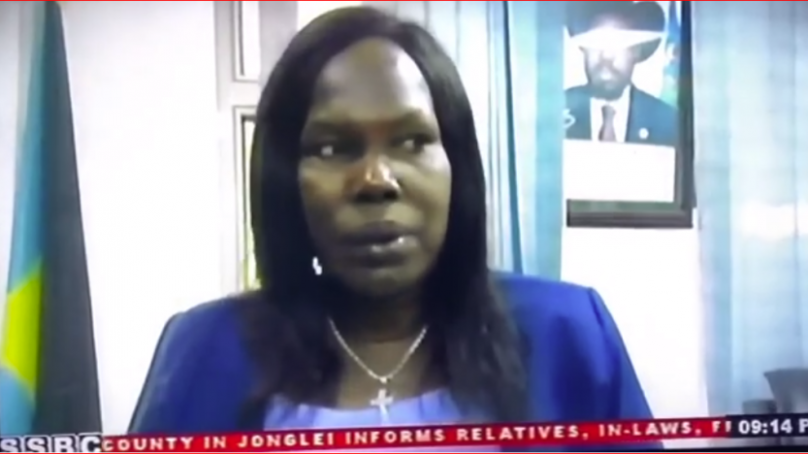
The African Development Bank (ADB) has kicked off the construction of the second phase of the Public Health Emergency Operations Centre (PHEOC) in South Sudan.
The ground-breaking ceremony that was presided over by South Sudan Minister of Health Elizabeth Acuei Yol in the presence of ADB country manager for South Sudan Benedict Kanu, the Head of Cooperation in the Embassy of Japan Nobuhiro Kikuchi, government officials, WHO South Sudan staff and the media took place in the capital Juba, on Thursday.
It is expected that the project that comprises infrastructure, furniture and equipment will strengthen preparedness and response capacities of the world’s youngest nation’s for public health emergencies in line with the 2005 International Health Regulations.
South Sudan continues to experience recurrent epidemic-prone diseases and other public health and humanitarian emergencies.
“By putting our collective efforts into a PHEOC project, the ministry of health will be better placed to respond promptly and effectively to public health risks and public health emergencies of international concern,” Acuei Yol said.
The minister explained that the health centre needs the appropriate design and infrastructure to function effectively, in addition to staffing structure and multi-sectoral coordination.
Minister Acuei Yol highlighted the tremendous and ongoing commitments of the South Sudan government, the contributions of ADB and the commitments of WHO and other partners to strengthen mechanisms for delivering a more integrated public health response during emergencies.
ADB country manager for South Sudan BenedictKanu observed, “The support provided by the bank is yet another testimony of its growing commitment to closely work with the South Sudan government, a valued shareholder of the bank and other partners, to assist in building health system capacity for emergency preparedness in the country.”
Kanu assured the government of the significance the bank attaches to human development in its partnership with South Sudan and its donors, and indeed, all other African member-countries of the bank to promote inclusive growth and development on the continent.
Since the inception of the $4.2 million ADB grant-financed project to support the emergency response for Covid-19 and strengthen the health system capacity for emergency preparedness in South Sudan, considerable progress has been made, including delivering a wide range of essential medicines, lifesaving biomedical equipment and personal protective equipment.
In addition, with funding from the bank, WHO is procuring an oxygen plant and vehicles to support the government’s ongoing Covid-19 response.
“Having the right infrastructure in place is important. It is equally important to have the right health policy and programmes, so that we can better plan, prepare and respond to address everyone’s health,” said WHO’s Health Emergency Programme Coordinator Guracha Guyo. Dr Guyo spoke on behalf of WHO Representative for South Sudan, Dr Olushayo Olu.
The expansion of the PHEOC will significantly improve the multi-agency coordination and improves operations efficiency through information sharing and joint decision-making, said Dr Guyo.
- A Tell report











